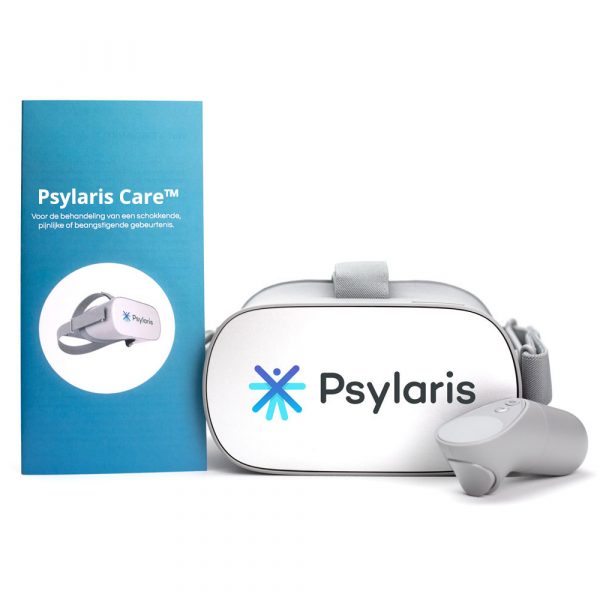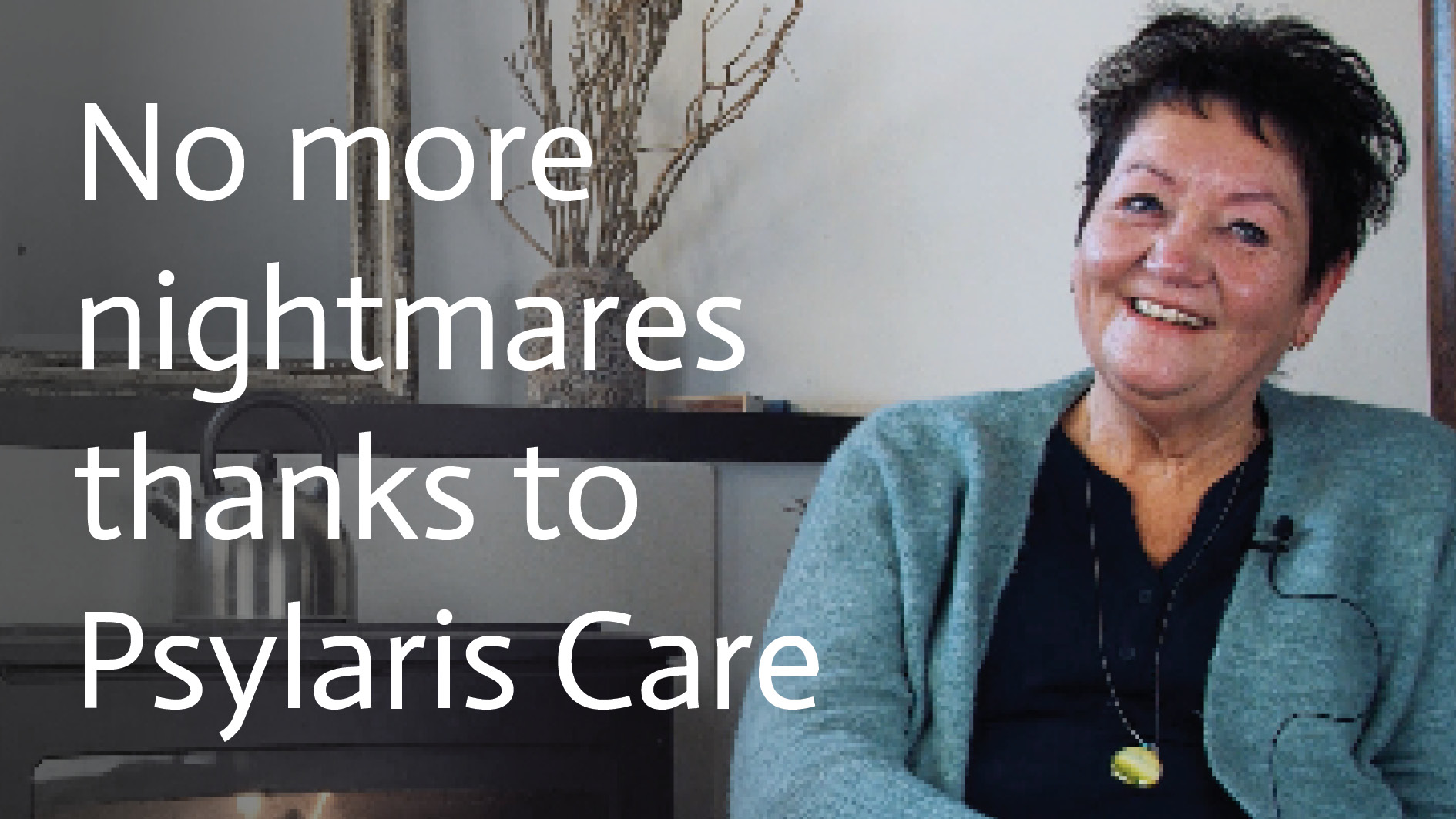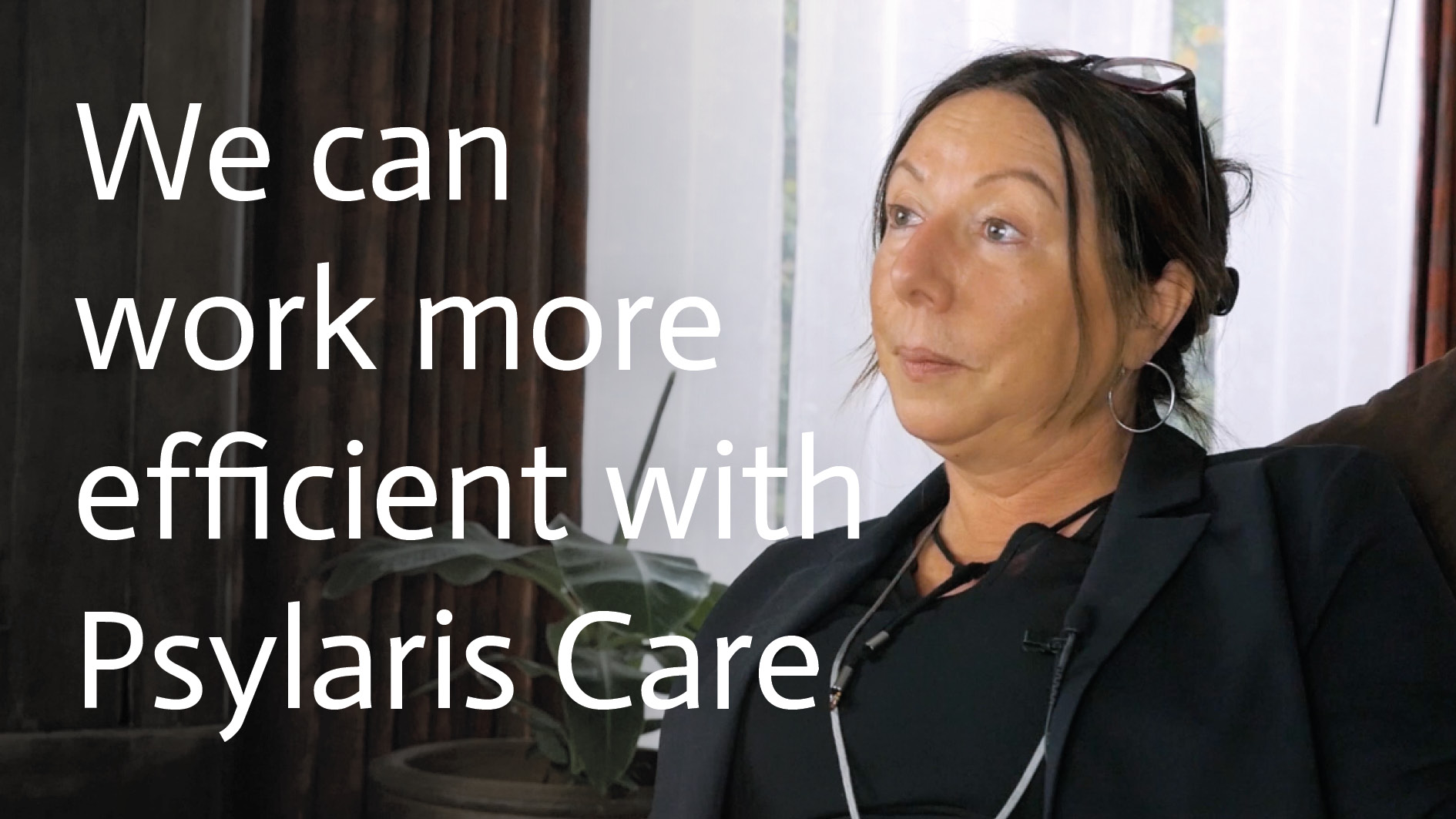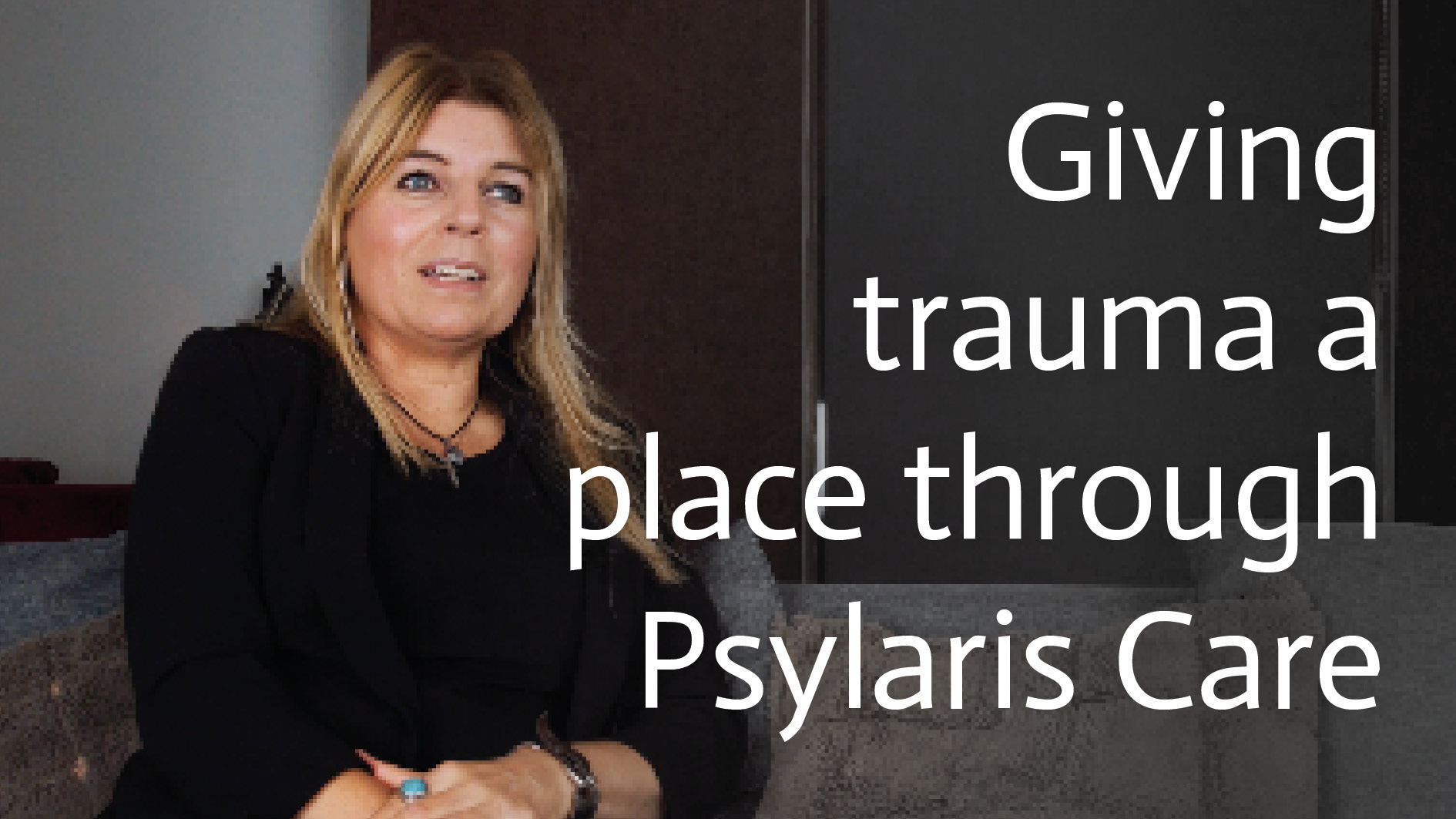850+
Organizations use Psylaris products
5500+
Therapists use our software worldwide
75.000+
Completed sessions with our applications


There are all kinds of training and courses that can help you control an anger outburst. But whether such training helps depends on your own attitude and the cause behind it. If the cause is clearly an unresolved trauma, it is better to focus on this than on the anger you sometimes experience. When you have dealt with the trauma, the chances are that you will not have anger attacks again. An effective method for trauma treatment is EMDR. What the effect of EMDR in the brain is, is still food for thought for scientists. Though science does confirm that EMDR helps.
The philosophy behind EMDR is distraction from the thought of the traumatic event. During the session with the therapist, you have to recall the event. This may not be pleasant, but it is necessary for recovery. During the reliving you have to follow a hand movement of the therapist. Sound signals for distraction are also possible. Suddenly your thoughts are no longer with the trauma, but somewhere else. After several repetitions and sessions, you will notice that the trauma can be parked more easily and with less emotion. When the trauma has been dealt with, the PTSD, including the anger attacks, will also be a thing of the past.
Psylaris develops products, which make mental health treatments more accessible for clients and easier for practitioners. Think of the developments of Psylaris with EMDR-plus. This is EMDR via virtual reality. With a pair of VR glasses on, the client enters a completely virtual world. Here, the practitioner can start distraction tasks at the right moment, so that distraction definitely has an effect. With VR glasses at home, the client can also be treated here and thus more frequently.
Another form of remote EMDR is the platform developed by Psylaris, EMDR-remote. This allows client and therapist to video call each other for an EMDR session. This is a useful addition for clients who do not easily leave their homes. They can still receive treatment for their trauma in their own safe environment. The practitioner can start various types of distraction tasks via the platform.

As a developer of modern methods and tools in mental healthcare, Psylaris has also made EMDR easy with modern techniques. Virtual reality, for example, plays an increasingly important role in the mental healthcare sector. With EMDR-VR and EMDR-plus, Psylaris has developed a VR-module. The module can easily be used by the practitioner and has many distraction possibilities. The client gets a more intense distraction than during a regular treatment. The VR glasses can be used both at home and in the treatment room. This makes both the practitioner and the client more flexible.
If the client is unable to come to the treatment centre, Psylaris uses EMDR-remote to make it possible to receive EMDR treatment at home. EMDR-remote is the online EMDR platform of Psylaris, where the practitioner and the client can conduct an EMDR session via video calling. Again, the practitioner has many possibilities to distract and the client, who is chained to the house, is still being treated.
We believe with the combination of intelligent software and qualified therapists we can develop a system in which everyone, anytime and anywhere has direct access to efficient and affordable psychological care.




This website uses cookies to ensure that you get the best experience on our website.